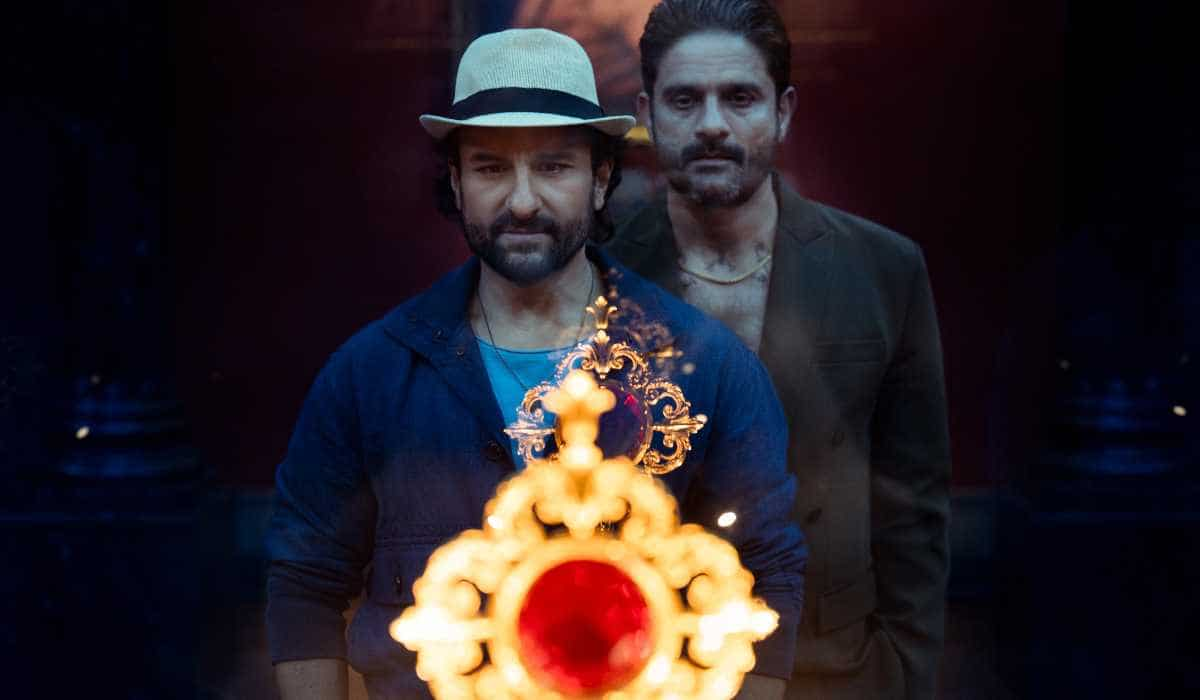
Adolescence: Unpacking the Symbolism of the Sandwich in Netflix Series, According to a Psychologist
3 days ago | 5 Views
Adolescence, a compelling four-part British drama available on Netflix, has enthralled viewers with its intense single-shot cinematography, rich symbolism, and open-ended conclusion.
A seemingly insignificant item—a partially consumed cheese and pickle sandwich—holds significant importance in the show's dramatic conclusion. This modest act has ignited fervent debate, as numerous viewers contemplate its deeper meaning within the series' examination of themes such as guilt, authority, and mental health assessment.

What is the plotline?
The drama revolves around Jamie Miller, a 13-year-old boy accused of murdering his classmate, Katie. The series delves into Jamie's emotional struggles, employing continuous, real-time footage to amplify the intensity and rawness of the situation as the Miller family unravels in the face of this tragedy. As Jamie's trial unfolds, his choice to plead guilty compels his family to examine their own roles in his upbringing and their duties as parents.
The conclusion does not offer definitive insights into Jamie's motivations, leaving the audience to grapple with the uncertainty of his actions. Instead, Adolescence encourages contemplation of broader themes such as parental responsibility, adolescent psychology, and the effects of societal factors, including online radicalization.
The Significance of the Sandwich
In the third episode, Erin Doherty portrays Briony, a court-appointed psychologist, who offers Jamie half of her cheese and pickle sandwich during a therapy session. Although this may appear to be a trivial gesture, it carries significant implications for understanding Jamie's mental state, as highlighted by psychologist Dannielle Haig in an interview with Newsweek.
Haig remarked, “The half-sandwich, especially since it includes something Jamie dislikes, could serve as a means of gauging his reaction. Does he reject it? Does he consume it out of politeness? Does he make a comment? These responses shed light on his character.”
According to Haig, Jamie's choice to accept or decline the sandwich reflects his emotional condition. If he eats it without protest, it might suggest a background of helplessness and a propensity to tolerate circumstances rather than confront them. Conversely, rejecting the sandwich could indicate a yearning for control during a time when he feels vulnerable.
For Doherty, the sandwich symbolizes a crucial turning point in Briony’s changing view of Jamie. "The sandwich embodies all of Briony’s aspirations for Jamie—what she envisioned he could achieve and what she ultimately must relinquish by the conclusion of the series," she stated.
Exploring Jamie’s guilt and responsibility
In the concluding episode, Jamie's choice to change his plea to guilty signifies a crucial turning point; however, the series does not definitively clarify whether he is genuinely responsible for Katie’s death.
The narrative deliberately refrains from depicting the crime or Jamie’s courtroom confession, opting instead to emphasize the psychological impact on his family. As Jamie’s father, Eddie (portrayed by Stephen Graham), struggles with his own involvement in Jamie’s decisions, both he and his wife Manda are compelled to reflect on their role in influencing their son's trajectory.
Graham, in an interview with The Mirror, remarked that the final episode centers more on the emotional reckoning of the Miller family than on the crime itself. “It’s the episode where Eddie and Manda confront their accountability as parents and consider how much they contributed to 'making' Jamie,” he stated.
Although the series does not offer a straightforward explanation for Jamie’s behavior, his admission of guilt introduces a layer of complexity to his character, prompting viewers to ponder the motivations behind his actions. The question of Jamie's true guilt remains unclear, yet Adolescence leverages this ambiguity to underscore broader themes of parental influence, adolescent identity, and the quest for meaning amid trauma.
Ultimately, Adolescence presents us with more questions than resolutions, but it is this uncertainty, coupled with potent symbols like the sandwich, that renders the show a compelling examination of the intricate psychological terrain of adolescence.
Read Also: Too Cute to Handle! Nakuul Mehta and Jankee Parekh’s Eid Pics with Son Melt Hearts
"Get the latest Bollywood entertainment news, trending celebrity news, latest celebrity news, new movie reviews, latest entertainment news, latest Bollywood news, and Bollywood celebrity fashion & style updates!"





















